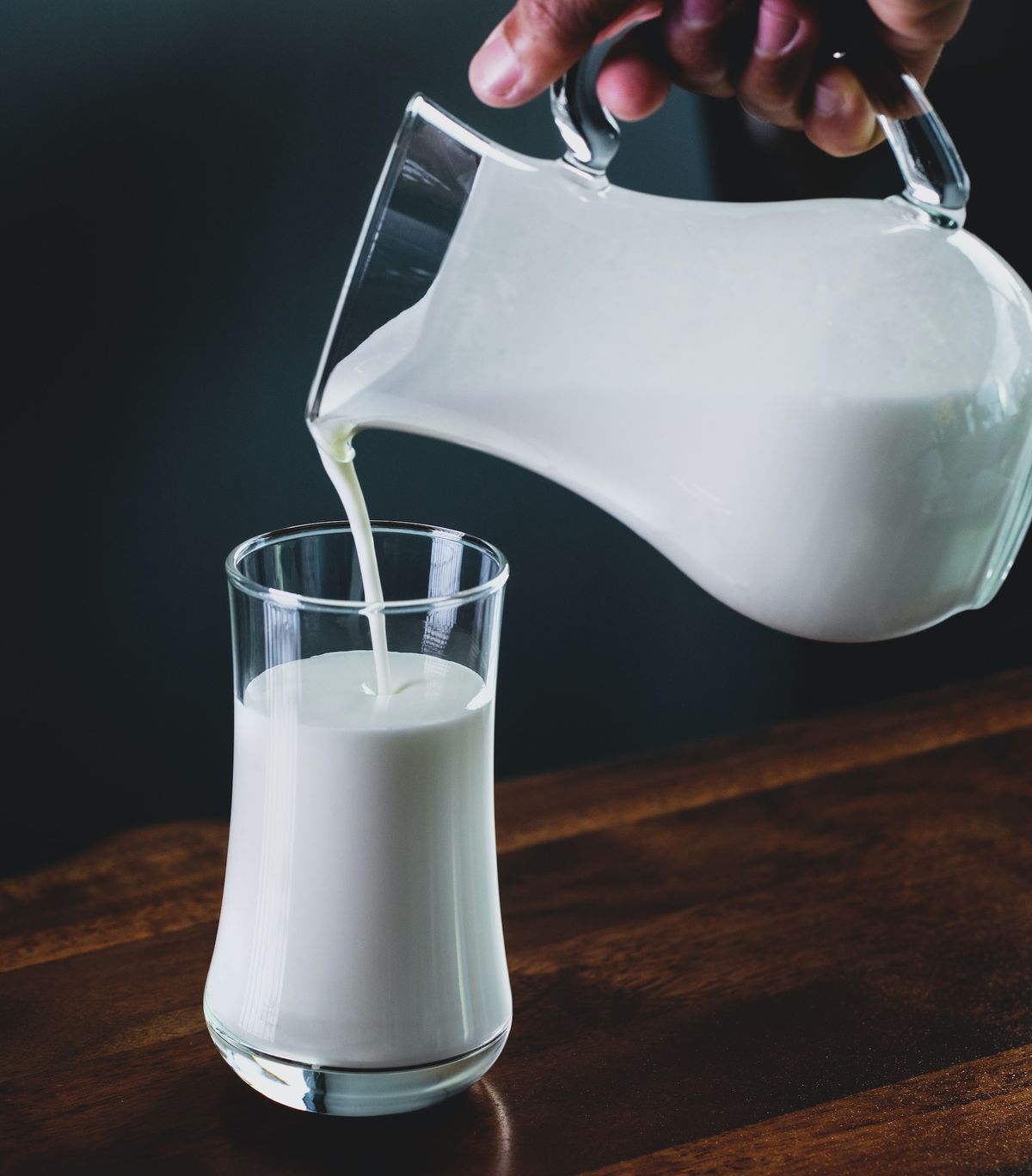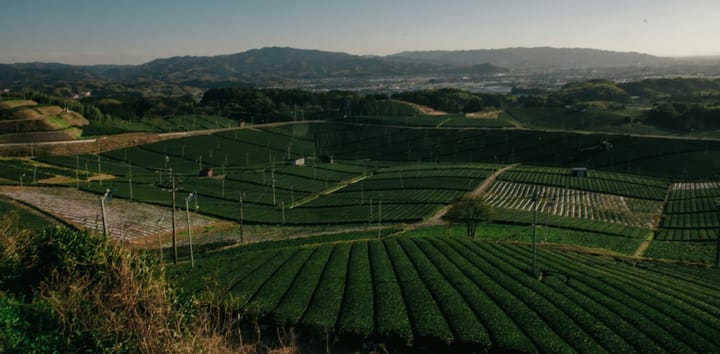Discover The Most Expensive Milk in The World
Exploring the world of luxury milks: Beyond the price, lies a realm of unique flavors and nutritional wonders worth every sip.

For centuries, cow’s milk has held a prominent place on our tables. Yet, in recent times, many are exploring other options—be it for health considerations, concerns about mass production practices, or merely the quest for a unique twist to their morning rituals.
In this piece, we'll dive into various milk types, ranking them from the priciest to the most affordable, highlighting their advantages to guide your adventurous palate. Here are the most expensive milk products from various sources:
Balkan Donkey Milk
Price: Depending on the source and processing, prices can range from $60 to $130 per liter.
Origin: Donkey milk has been used for centuries in various parts of the world including ancient Egypt, Greece, and Rome. Today, it's mainly produced in countries like Italy, Turkey, and Serbia.
Reason for being expensive: The high cost of donkey milk is due to the absence of suitable machinery for milking them. Instead, they have to be milked by hand three times a day.
Additionally, Balkan donkeys only produce about a gallon of milk each day for six months, and they have a long pregnancy period of 54 weeks. This makes their milk a rare product.
Health Benefit:
1. Compared to cow's or goat's milk, donkey milk is more similar to human milk, reducing the likelihood of allergic reactions.
2. Its abundant lactic acid levels can help address digestive issues.
3. It contains more trace minerals than milk from cows or goats.
4. Beyond its dietary benefits, donkey milk is popular in skincare products, celebrated for its moisturizing properties. Even Cleopatra was said to have enjoyed its benefits, bathing in it regularly.
Interesting Facts: Cleopatra, the famed queen of ancient Egypt, reportedly bathed in donkey milk to maintain her radiant beauty. Today, this milk is a coveted ingredient in cosmetics for its purported anti-aging benefits.
Additionally, pule cheese, made from donkey milk, stands as one of the most expensive cheeses in the world.
Moose Milk
Milk from moose, sometimes referred to as elk milk, is primarily consumed by moose calves. However, its commercial production has been established in countries like Russia, Sweden, and Canada.
Price: Around $100 or more per liter.
Origin: Russia, Canada, and parts of Scandinavia (Sweden, Finland, and Norway)
Reason for being expensive: Milking moose is a complex and potentially hazardous task, given their wild nature. Unlike cows or goats, moose aren't traditionally farmed for milk, making the process labor-intensive and primarily manual.
If a moose is disturbed, it ceases milk production. Therefore, milking must be done quietly and without interruptions.
This effort, combined with the fact that a moose yields only about 1 liter of milk daily compared to a cow's 25 liters, drives up the price. Further, moose only lactate for three to five months annually, limiting availability.
This rarity is amplified since only a few regions, like parts of Russia, Sweden, and Canada, have commercialized moose milk.
Health Benefit:
1. The fats present in moose milk are primarily unsaturated, which are considered heart-healthy.
2. Moose milk contains all essential amino acids, making it a complete protein source.
3. Preliminary observations suggest that moose milk might be lower in lactose compared to cow's milk, potentially making it easier to digest for individuals with lactose sensitivity (though it's essential to note that moose milk still contains lactose).
4. In some cultures, moose milk is believed to promote healthier skin because of its unique fat and protein composition.
Interesting Facts: In Sweden, there's a farm that produces cheese from moose milk, offering unique varieties like feta, blue, and white-mold moose cheese. These uncommon delicacies command prices close to $500 per pound.
Nakazawa Milk
This unique milk is touted to promote relaxation and might even benefit those battling depression and anxiety. Yet, accessing its benefits comes at a steep price of $40. What sets this milk apart, making it so distinctive?
Price: $40 per litre
Origin: Farm situated to the north of Tokyo
Reason for being expensive: The company states that the cows are milked at dawn for once a week because these cows produce increased amounts of the hormone melatonin overnight.
Melatonin is believed to help reduce anxiety and possibly alleviate certain types of depression in individuals.
Harvested at a farm situated to the north of Tokyo, "Adult Milk" is bottled within six hours of milking. It's claimed to have four times the melatonin content compared to regular milk.
Health Benefit:
1. High Melatonin: Aids better sleep and regulates sleep cycles.
2. Stress Relief: Counters the stress hormone, cortisol.
3. Mood Boost: May help with depression and anxiety due to elevated melatonin.
4. Antioxidant Boost: Fights harmful free radicals for overall health.
Interesting Facts: The name "Adult Milk" suggests that it's primarily marketed towards adults, especially those who are stressed or have sleep-related issues.
Camel Milk
Camel milk plays a central role in the customary diets of numerous wandering communities. In Arabia, for instance, breaking an extended fast often involves consuming a mix of dates and camel milk.
Price: $30 to $50 per liter.
Origin: Native to Middle Eastern and North African regions.
Reason for being expensive: Camels produce less milk than cows, typically yielding between 4-10 liters daily compared to a dairy cow's 25-30 liters. This is influenced by factors such as breed, diet, and hydration.
The milking process for camels is more complex due to their unpredictable nature, often requiring their calves' presence to facilitate milk release.
Their unique care requirements, encompassing specific dietary and environmental needs, can make their upkeep especially costly outside their native habitats.
Furthermore, camels don't consistently produce milk throughout the year; their lactation patterns align with their breeding cycles, leading to periods of decreased or halted production.
Lastly, the distinct composition of camel milk calls for specialized processing. This, combined with a limited number of processing facilities equipped to handle it, contributes to higher costs.
Health Benefit: Lately, camel milk has gained attention as a nutritious substitute for cow's milk.
1. A good option for those with lactose intolerance or cow's milk allergies.
2. Aids in reducing blood sugar levels.
3. Enhances the immune system.
Interesting Facts: Camel milk is rich in vitamins and minerals, particularly Vitamin C. It's also known to have immune-boosting properties.
The Most Expensive Milk: Worth the Splurge?
Throughout history, cow's milk has reigned supreme in our diets. However, with evolving tastes and health consciousness, many are venturing into alternative milks, some of which come with a hefty price tag. The question is, are they worth trying? The answer is a resounding yes.
While they might strain your wallet, these luxurious milks often offer unique nutritional profiles, distinctive flavors, and a dash of novelty. Whether you're a culinary enthusiast or someone seeking health benefits, giving the pricier milk options a taste can be a rewarding experience.


